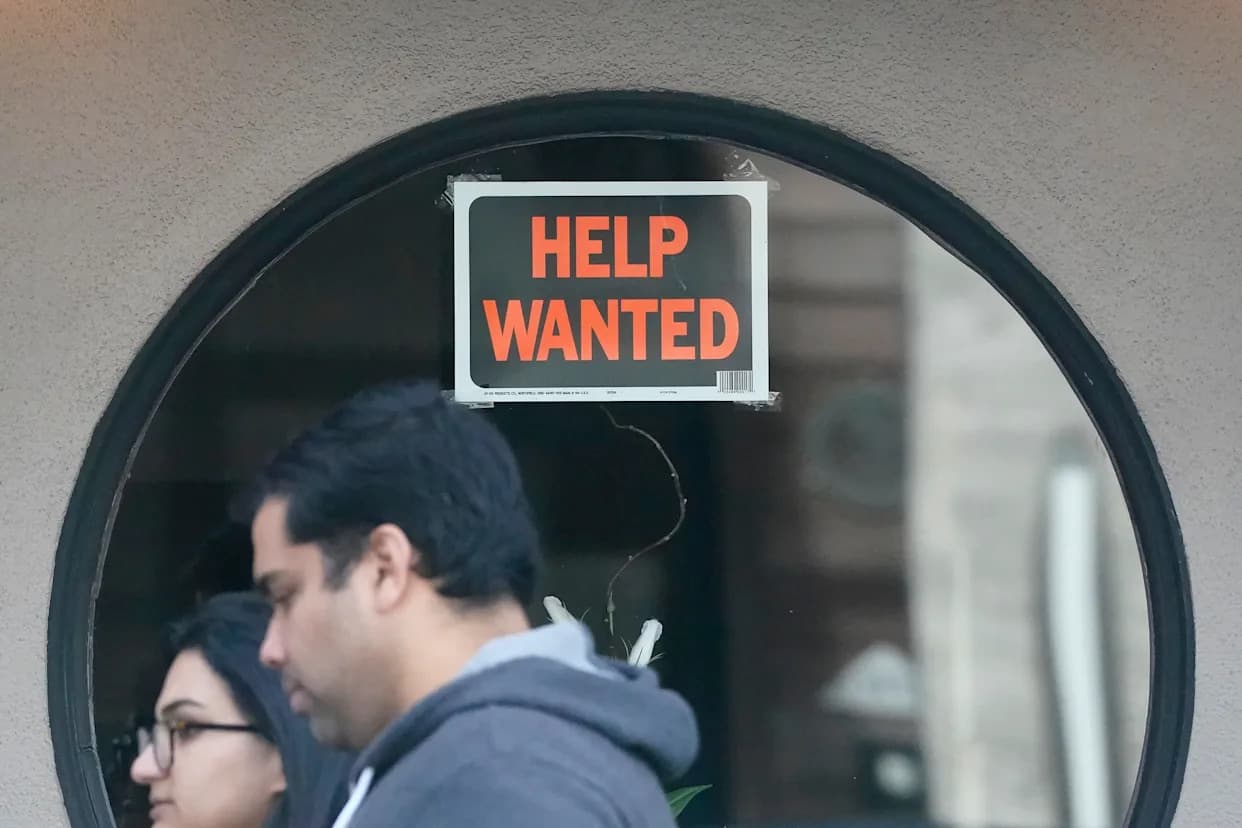The UK economy grew by just 0.1% in the quarter to September, with GDP contracting 0.1% in September alone. A fall in car production — driven in part by a cyber attack that disrupted Jaguar Land Rover — contributed to the slowdown and saw vehicle output hit a 70‑year low.
Chancellor Rachel Reeves said more work is needed to strengthen the economy, while Conservatives argue savings are required to allow room for tax cuts. The figures increase pressure on the upcoming Budget and complicate ministers' policy choices.





























